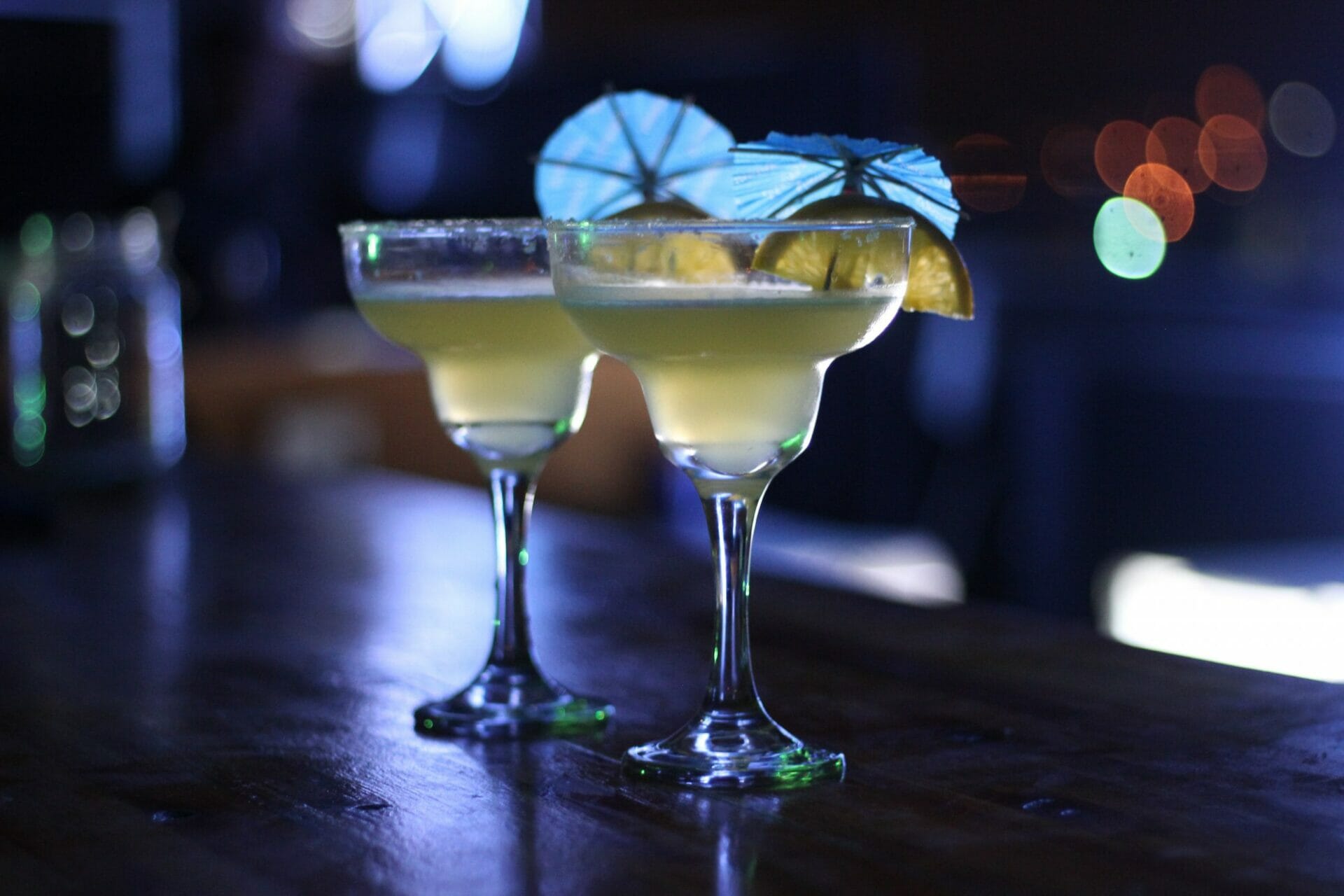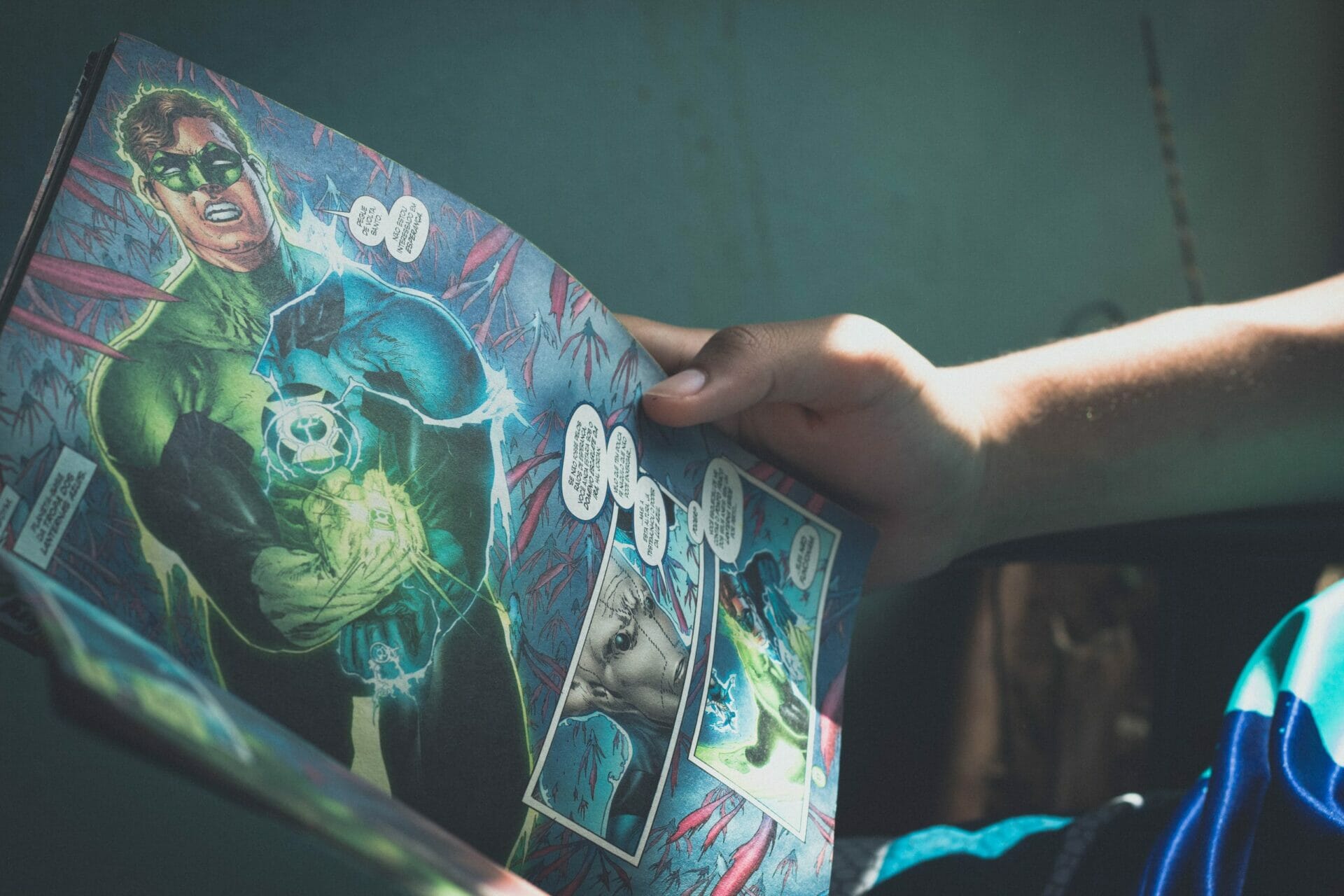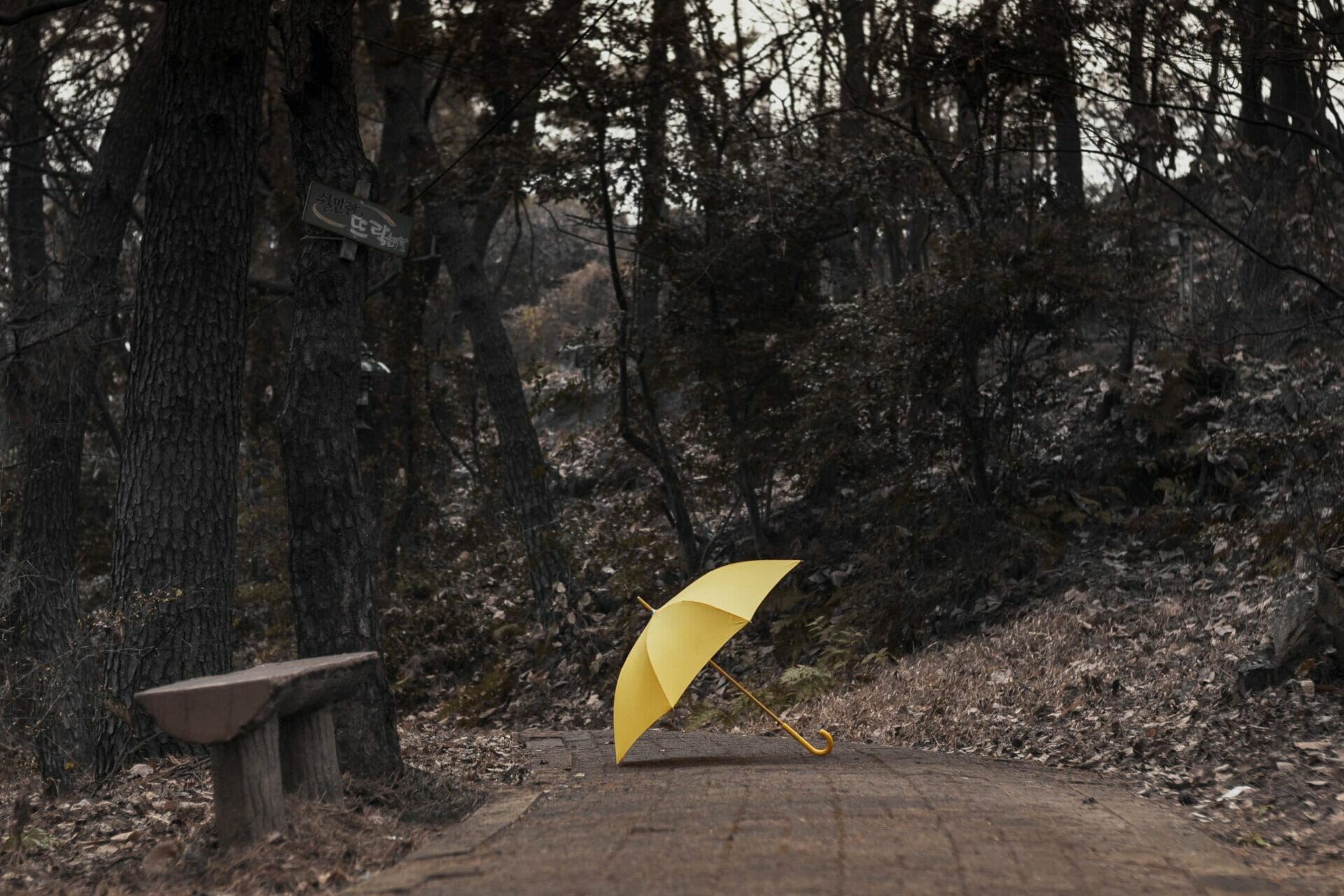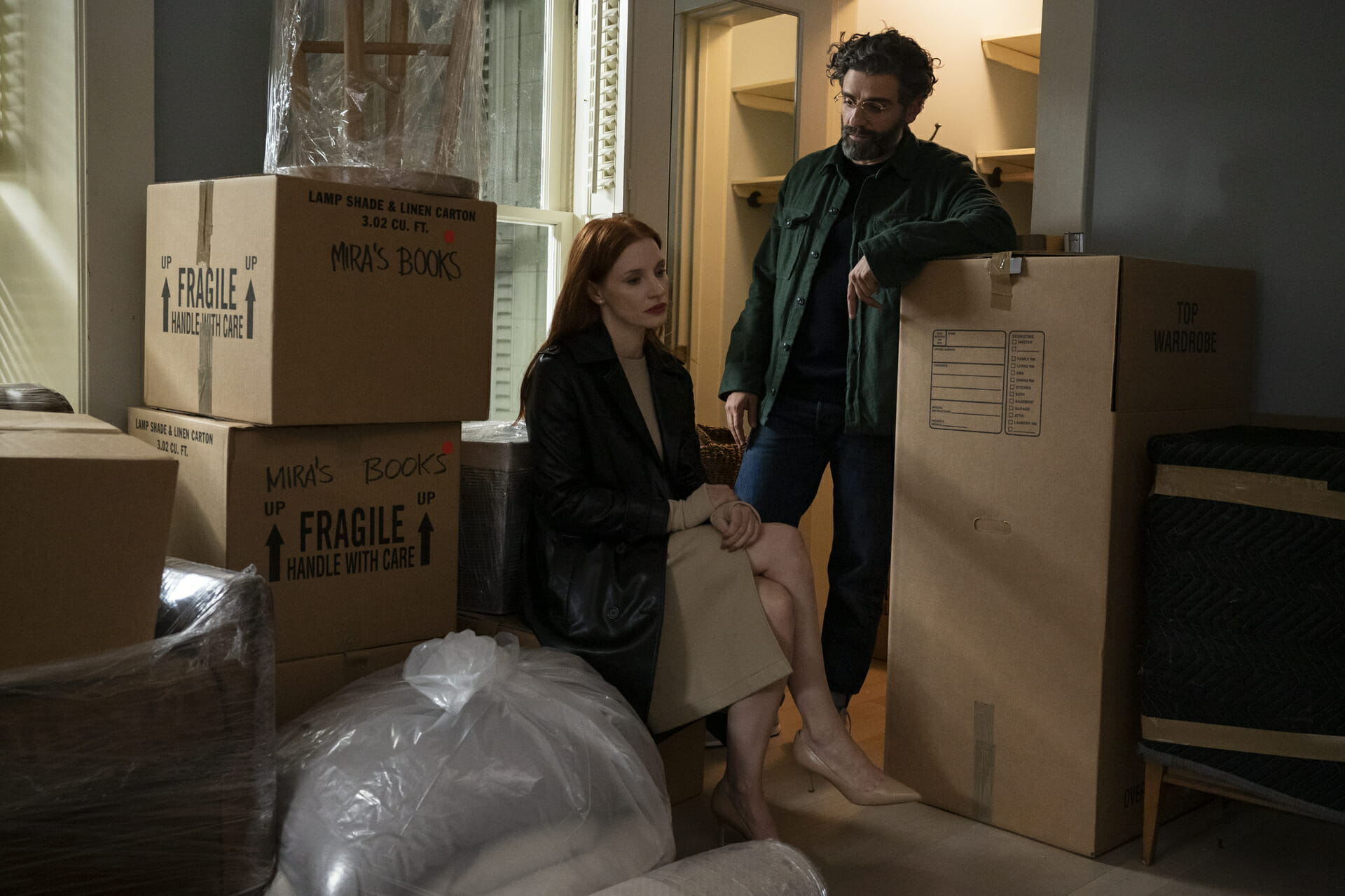
Mixology | Only one match creates the perfect cocktail
Year
Country
Seasons
Runtime
Original language
Genre
Subgenre
Mixology is the skill of mixing different drinks, fruits, and spices to prepare cocktails, invented in the 1880s in the United States for bar staff who made inventive mixed alcoholic drinks. As with many other cooking skills, it can be a form of art: only a perfect balance between selected ingredients turns a normal drink into a thrilling one. It may need many failures before one can see the sparkles… exactly as happens with love.
Created by Jon Lucas and Scott Moore and aired by ABC in 2014, Mixology is a sitcom that sets the story over a single night, in just one room. The story follows the random meetings of ten strangers until they find a partner with whom to create the perfect cocktail of attraction. ABC cancelled in May 2014, after just one season, transforming it into a miniseries that respects the Three Aristotelian Units.
All the silly things we do
This is the story of ten strangers, one night, and all the stupid, embarrassing, ridiculous things we do…to find love.
from the first scene of Mixology, ep.1.
One night, in a bar in Manhattan called Mix, five men and five women meet. Some of them are friends, some are meeting each other for the first time. There are three mates who couldn’t be more different from each other: Tom is an emotional guy going through the break up of a long relationship, Bruce is obsessed with sex, and Cal is the trendy and chic one. Pushed by his friends to find a girl for the night, Tom notices Maya, as beautiful as she is brutal. She’s at the bar with her friend Liv, who is engaged, but longs for a one-night adventure.
At another table sits Jessica, a single mum who is going to spend a night out with a charming English man she met on a dating app. Before he arrives, Jessica meets an old friend who moved to France years before. Behind the bar work the mysterious and fascinating bartender Dominic and the lively waitress Kacey. They just put an end to their affair and create an incessant connection between the tables. They bring messages and drinks, but are also taking part in the game, becoming puppets and masters at the same time. It’s as if they themselves are practicing the art of mixology to create the perfect love cocktail, using the bar’s patrons as its experimental ingredients.
Everybody has weaknesses and flaws, and yet does his best to win over the potential partner. Because they all share a common aim: to find the right match for that night, if not for the life.
The only possible moment
Similarly to shows such as Modern Family, or even books like A Song of Ice and Fire, Mixology results in an ensemble tale. Any character has the same importance in the narrative balance. Their voices interchange throughout the narration, alternating stand-up comedy monologue with romantic moments. Nevertheless, the tale doesn’t come across as fragmented, as a voiceover grants a sense of continuity. A totally different one if compared to Fleabag, where it becomes a real break in the fourth wall. Indeed, while this latter is a challenging tool the protagonist uses to address the audience without interfering with the scene, Mixology‘s voiceover simply comments on events and flashbacks. It gives an insight into any character’s background, and an introduction to every episode. Having a short time to show characters’ personal growth, the voiceover performs an elliptical purpose.
If there’s a real protagonist in the story, it’s the night itself. While during the day characters have to face problems and coexist with their loneliness, the night seems to be the only moment when spontaneous alchemy is possible. This sort of spark can be seen in other movies turning around unexpected nocturnal meetings. It happens in mainstream films such as Richard Linklater‘s Before Trilogy, whose protagonists’ first meeting on a night train sign-posts their whole life. But the same magnetism transpires in independent movies as Sofia Coppola‘s Lost in Translation or Lucio Castro‘s Fin de Siglo. Not too different from the adventure of the series The Flight Attendant as well, even if with a tragic epilogue. What pools all those different stories together is the night itself: the exact time that makes the magic possible.
A comedy to drink all in one breath
According to the Three Aristotelian Units, a good story has to follow the unit of place, time, and action. As seen, Mixology sets the story in just one room, and there is continuity of time. Each episode follows the meeting of a pair, and the wavering couples contribute to the continuity. Moreover, even though any couple follows its evolution, the unit of action is respected by the main aim. Indeed, every character shows a different aptitude, but they share the reason to be at the bar: to find love. This search has been investigated from multiple points of view by countless works such as He’s Just Not That Into You and Hitch.
From the belief in love at first sight to a mere sexual relationship, everyone in Mixology follows a different strategy to find “the one”. Their strategies and convictions give different points of view on the quest for love. Despite the short time at their disposal, they reveal many faces and follow an evolution, giving a sense of real life. Furthermore, as Brian Lowry underlines in his review for Variety, the frequent references to pop culture contribute to this sense of reality.
Just as an expert bartender can blend selected ingredients to create a good drink, Mixology proves that only a precise pairing has the alchemy to create the perfect cocktail. The series ends after the “Mix” closes, when the sunrise signals the return to everyday life. Any character tried his best, changed trajectory, and improvised; some had a real possibility, and others failed. Of their many tactics, none revealed the perfect one, nor was totally wrong. Another night will come, with more drinks to try, and people to meet. All they know is that love’s worth the effort, and never giving up is the only certain strategy.
Tag
Buy a ☕ for Hypercritic









